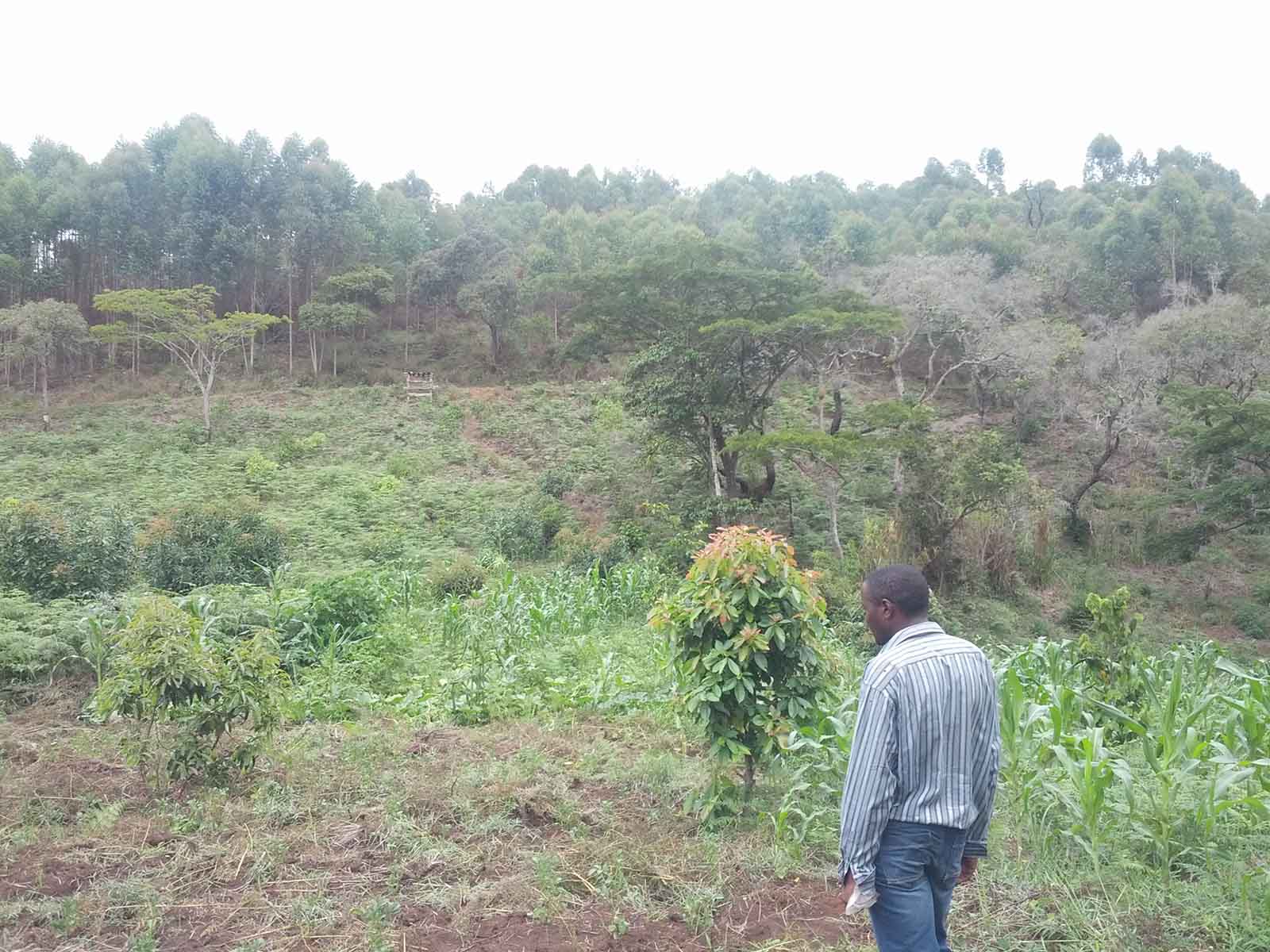Conventional farming practices involving the use of synthetic fertilizers, pesticides etc. are risk-prone, uneconomic and may not yield results in drought-affected areas. However, organic farming can provide sustainable production even in low rainfall conditions.
Organic farming creates an exclusive mix of biodiversity within the soil and in its surrounding environment that is too unique to mimic, using synthetic chemicals. It involves the use of organic manure such as compost which is cheap and easy to produce instead of the indiscriminate use of chemical fertilizers and pesticides which damage the environment through water and soil pollution. This step is also essential in preserving the biodiversity of the agricultural field and increases productivity in the long run.
Healthy soil and healthy plants are the foundation of organic production. Thus insect pest management in organic production is necessary and depends on the use of natural enemies (biological control), cultural practices like crop rotation, intercropping and use of organic pesticides like botanicals (neem oil, neem cake) and various microbial agents.
Organic field soil absorbs more but needs less water because the fungi and other organisms built up in organically farmed soil, fosters a mutually dependent relationship with the plants. It means that the soil also stores water and replenishes supply much better than conventionally cultivated soil. Essentially, organically farmed soil has a lot more water for plants when the dry spells strike.
Organic farming, with its numerous health and environmental benefits, is slowly getting accepted by consumers who are becoming more aware of the side effects of conventional farming. The demand for organic crops and produce is only going to be further increased in the future.


